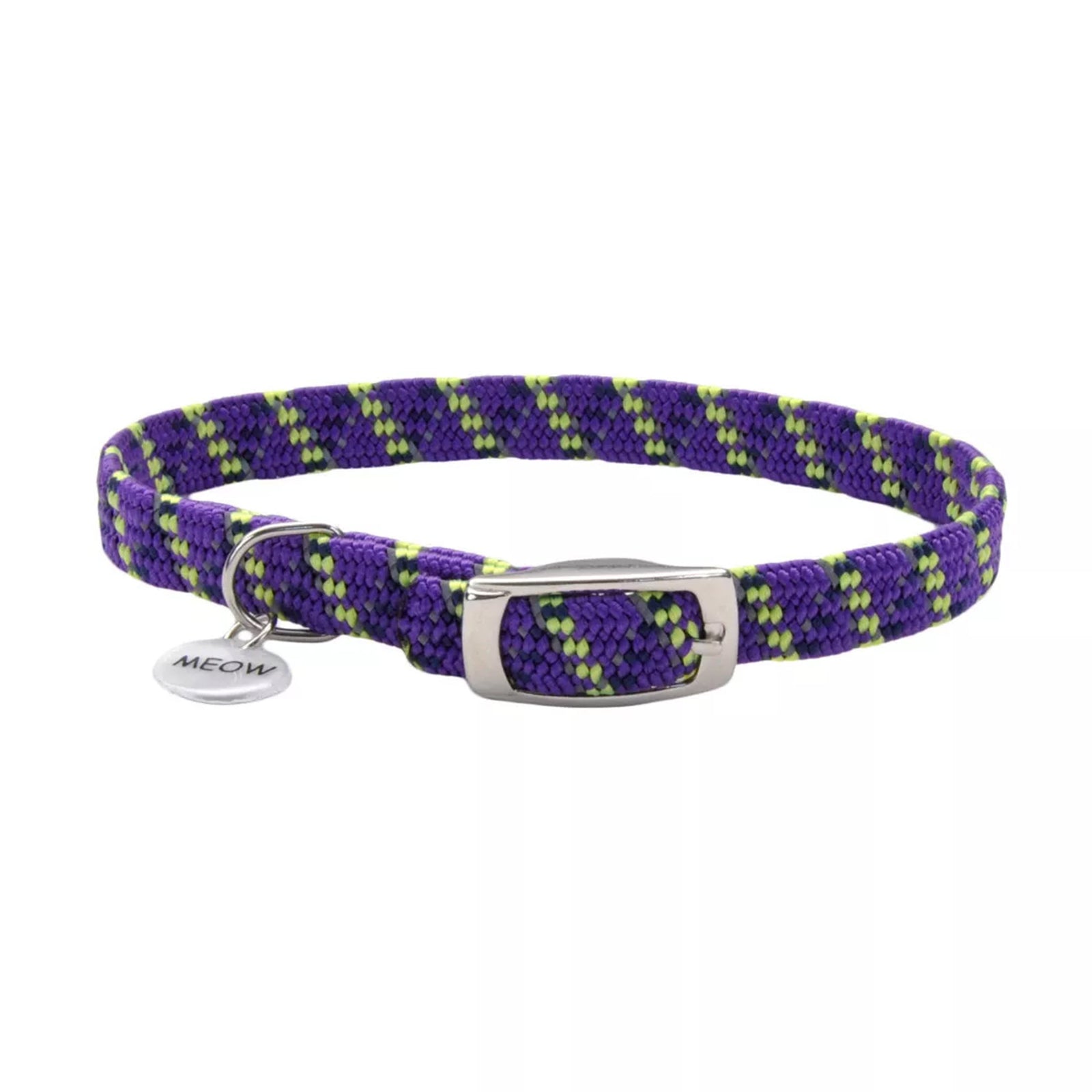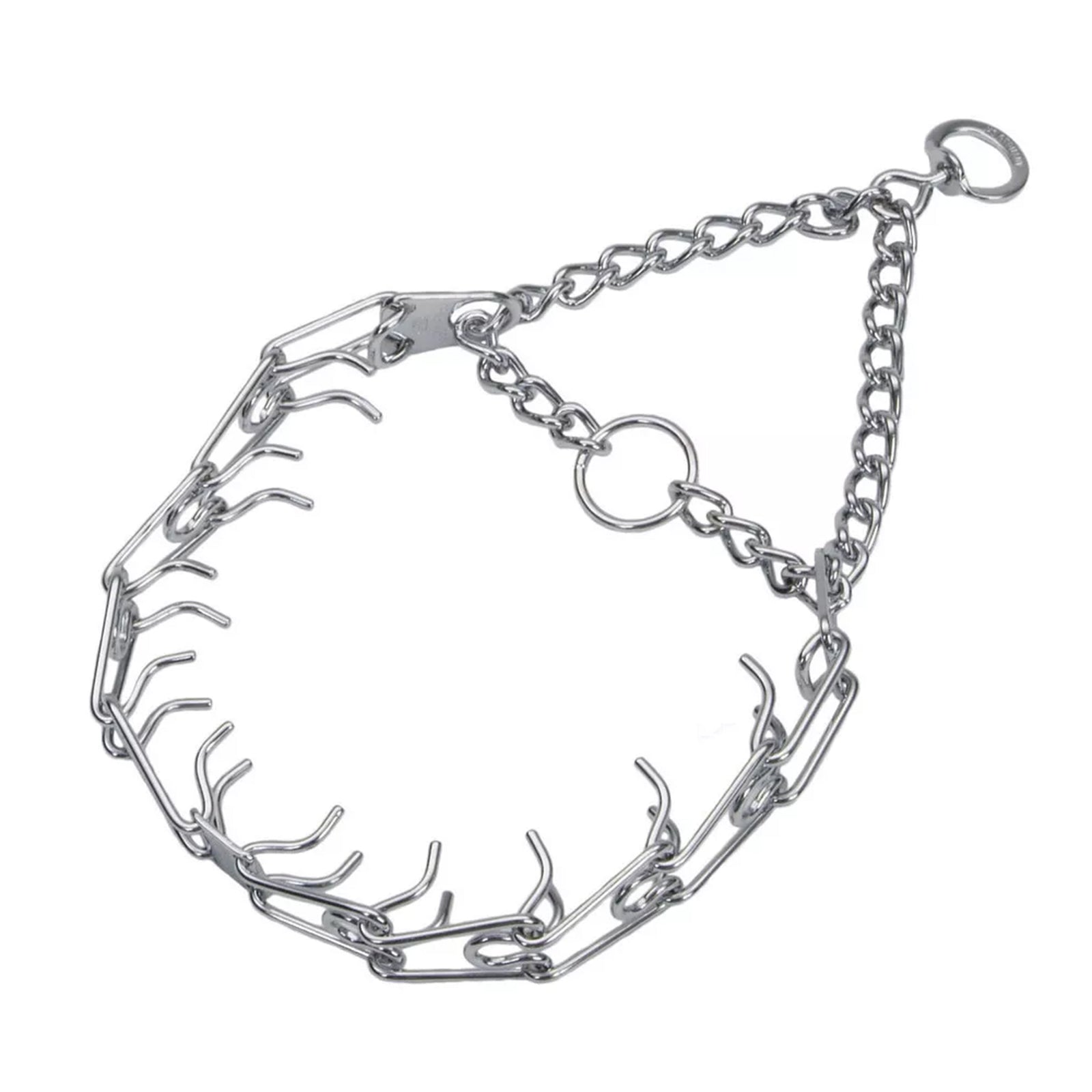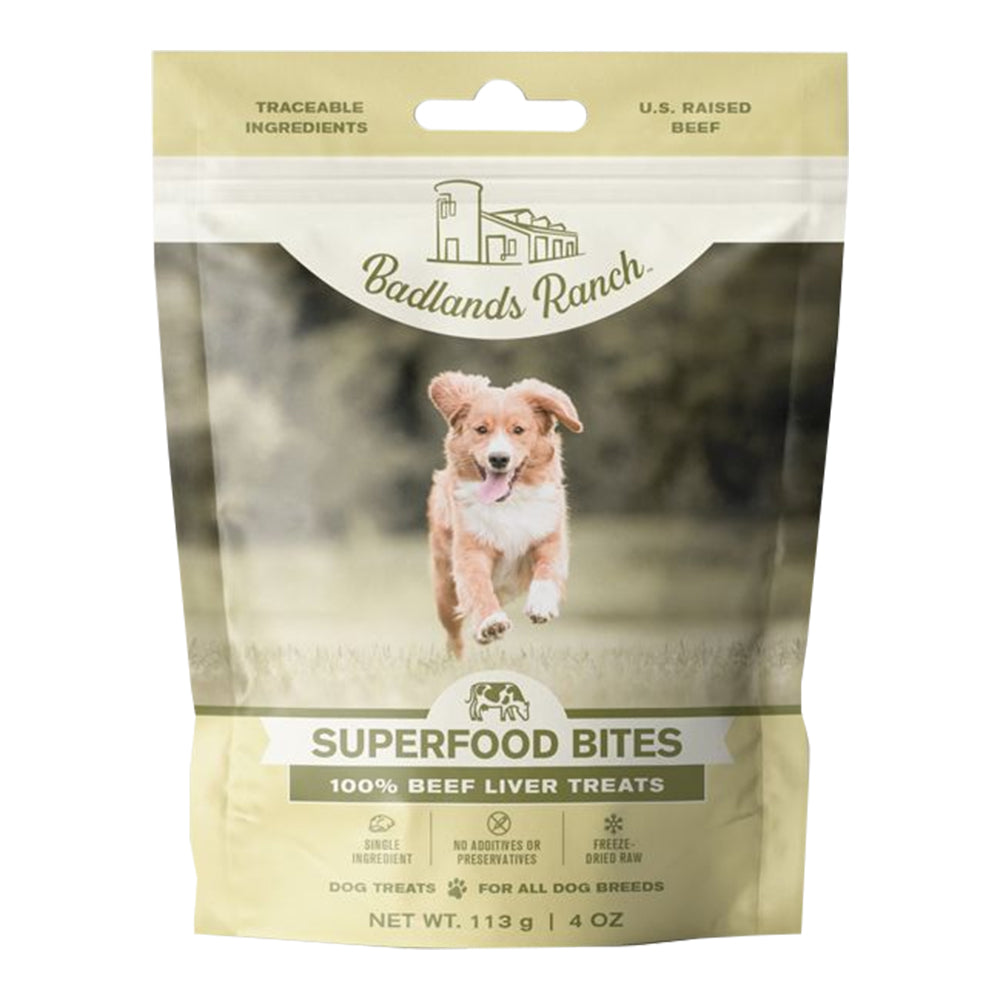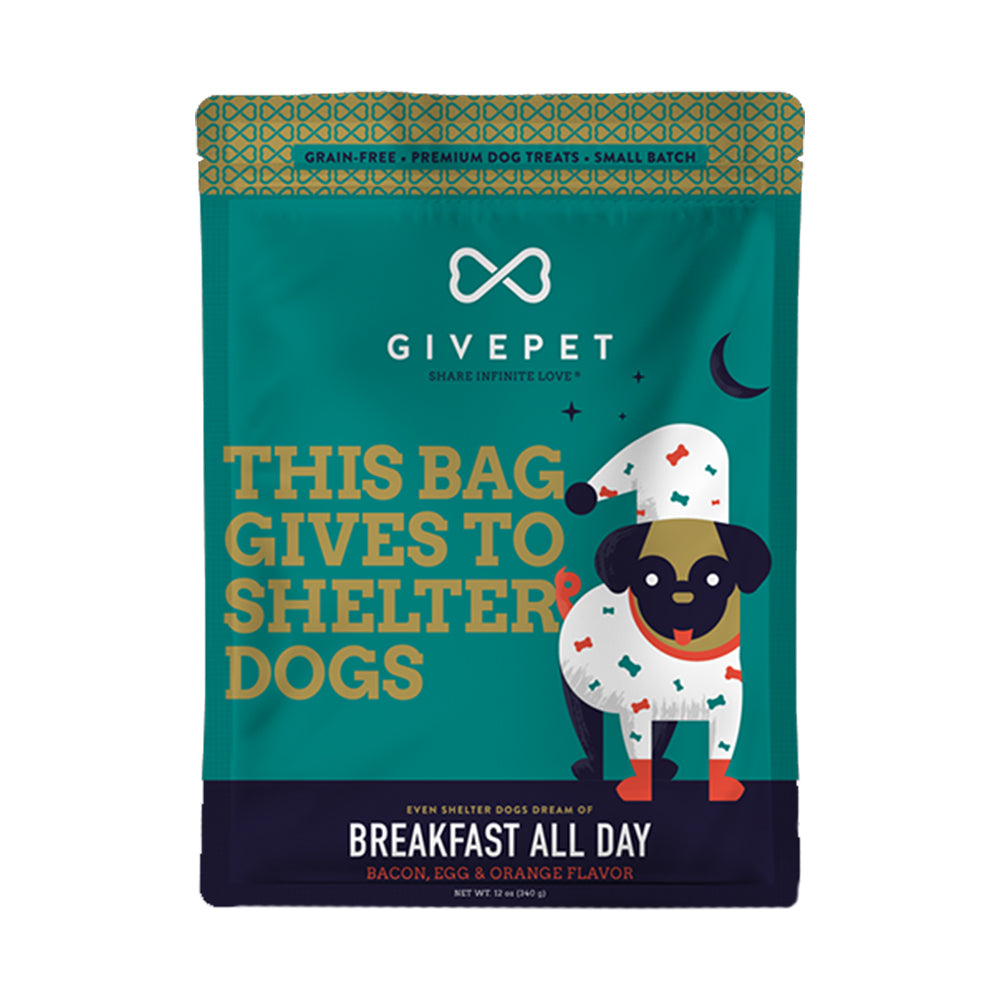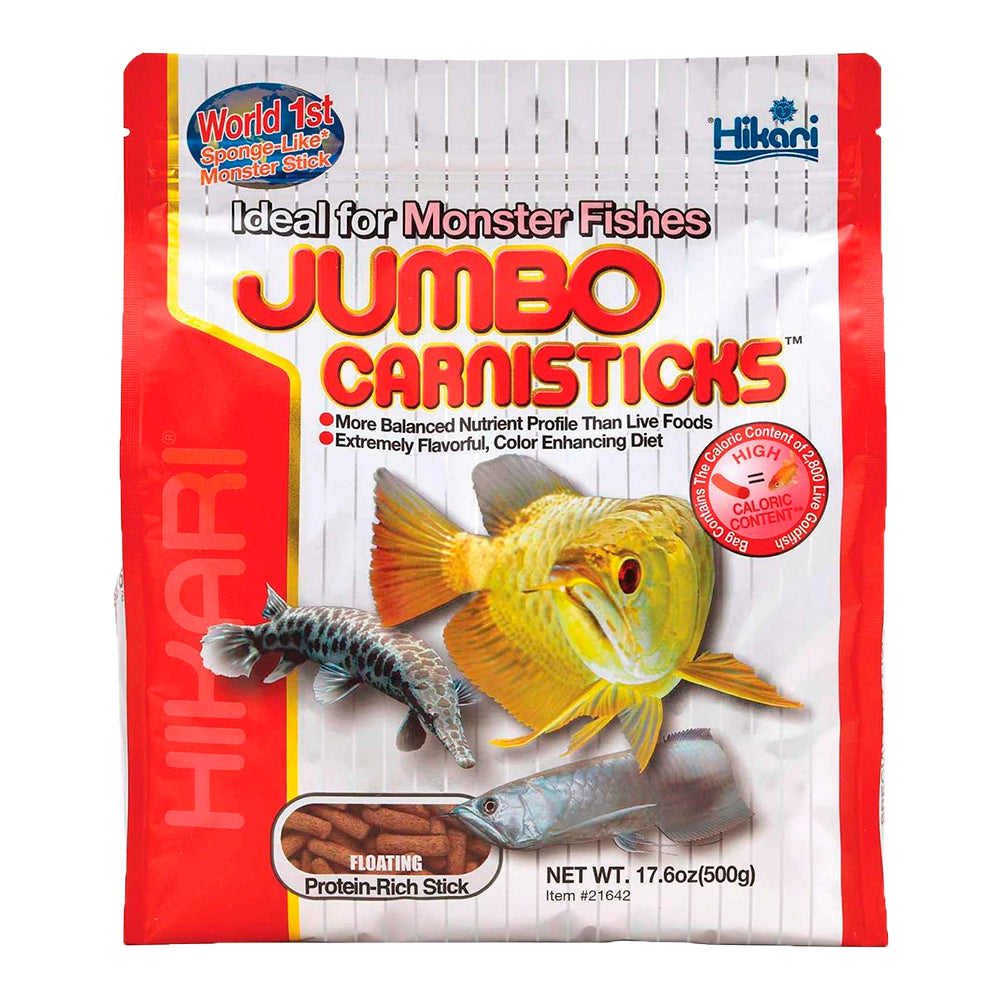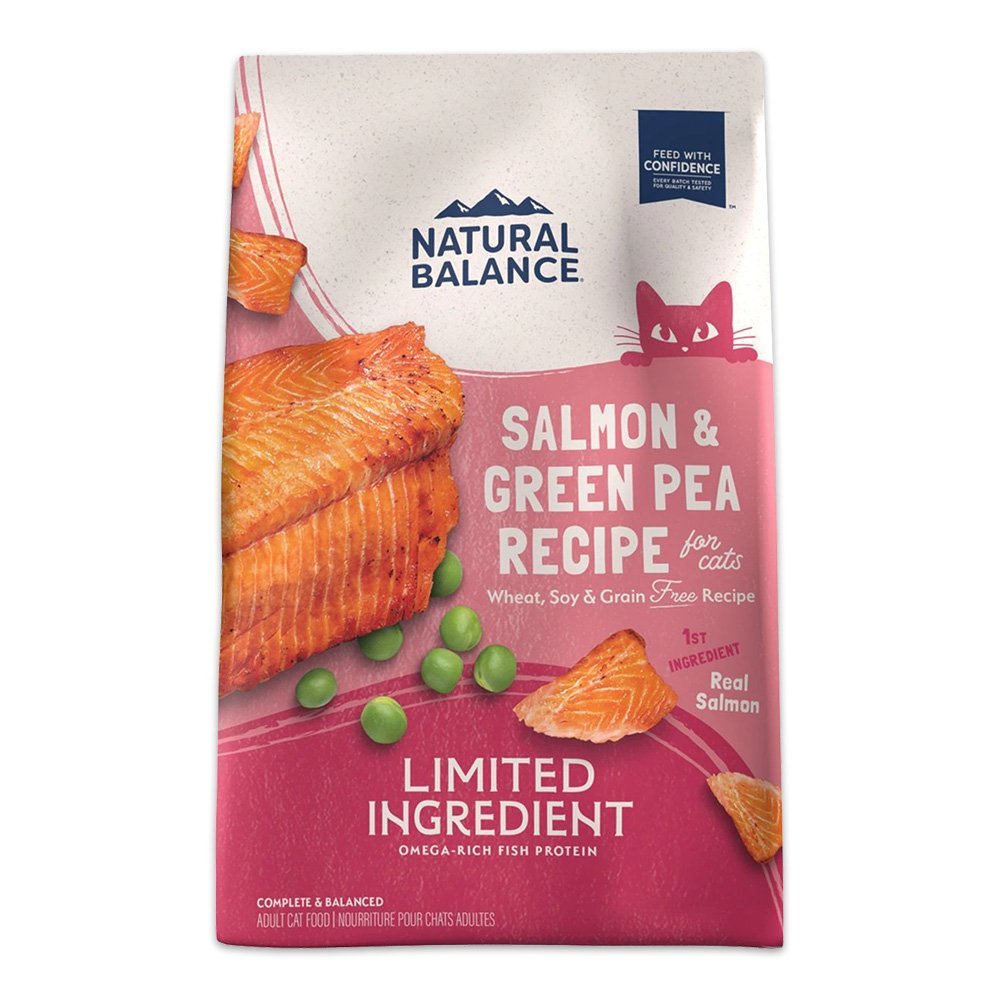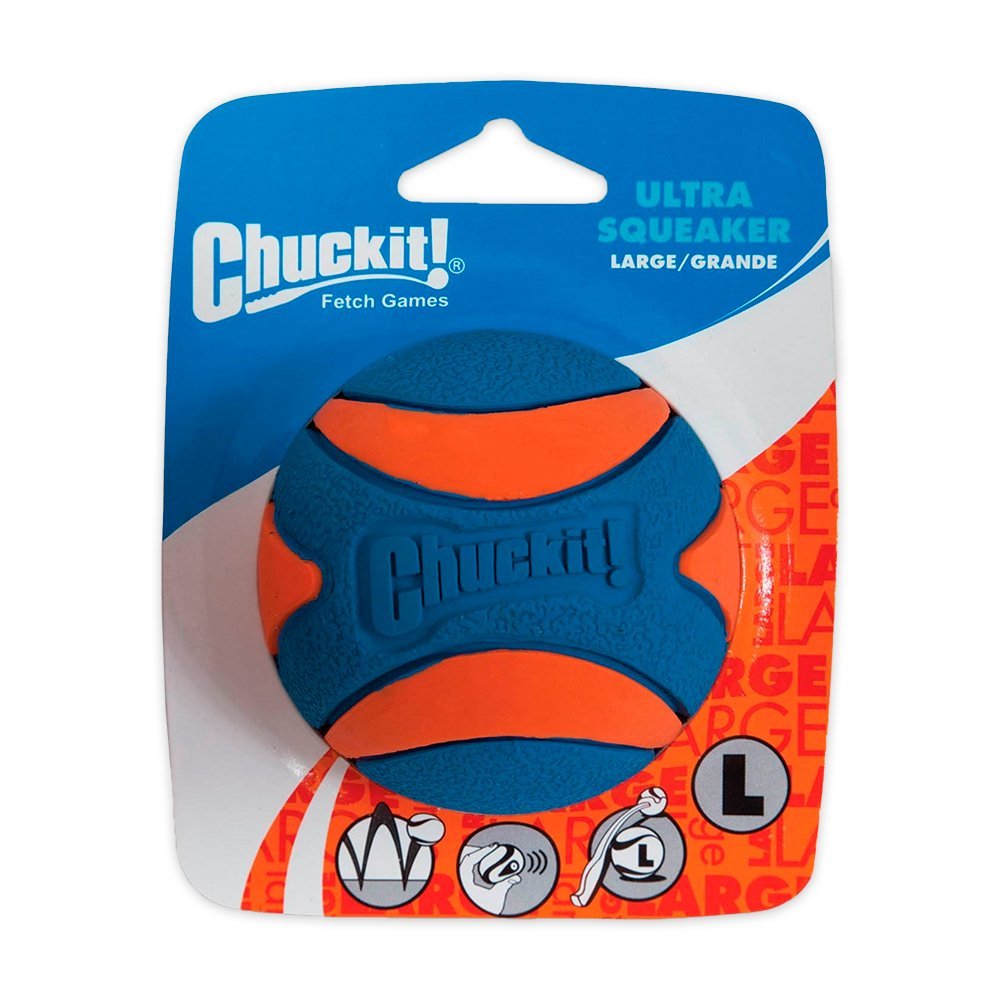📌 How Long Should a Cat Eat Kitten Food: Overview
- Kitten Nutrition Protein-rich high-fat food with DHA from 4-8 weeks for growth.
- Timeline Up to 12 months most cats large breeds 18-24 months.
- Transition Signs 90-100% adult weight gradual 7-day mix.
- Risks Exceptions Too long obesity too early stunted growth vet check.
- Top Products IAMS Chicken FirstMate Wellness CORE Temptations.
Kittenhood is a special stage in a cat's existence. They grow rapidly, learn quickly, and require specific nutrition to be healthy. However, many new cat owners have the same question: "How long should a cat eat kitten food?" This blog answers that topic and more, allowing you to provide the best cat food for your pet.
Let's go over everything you need to know about properly feeding your kitten.
Why Do Kittens Require Specific Food?
The food for kittens differs from that for adult cats. It's designed specifically for a growing kitten's body and brain. Here's why.
- Protein-rich foods aid in the development of strong muscles.
- Extra fat and calories give energy for physical activity and rapid growth.
- DHA and other nutrients promote normal brain growth and vision.
You may give your kitten a wonderful start by researching the best cat dry food options online, where you can get both dry and wet cat food adapted to each stage of development.
How old should a kitten be to begin eating kitten food?
Kittens usually begin nibbling on solid food around 4 weeks of age. By the time they're 8 weeks old, they've fully weaned from their mother's milk and should be eating kitten-specific food to support their rapid growth and development.
The best time to transition from milk to solid food is between 4 to 8 weeks, gradually introducing wet or moistened kitten kibble as their teeth and digestive systems mature. Starting the right food at the right time sets the foundation for a healthy, happy feline life.
You may offer your kitty either:
- Wet kitten food that is soft and simple to chew.
- Dry kitten food (small kibbles designed for little teeth).
- Some owners like a combination of the two for balance and flavor.
How Long Should a Cat Eat Kitten Food?

Understanding your cat’s kitten food timeline is essential; feeding kitten-specific food up to 12 months supports proper growth and lays the foundation for lifelong health.
Why twelve months? Most cats achieve adulthood before their first birthday. At this point:
- Growth slows down.
- Energy needs reform.
- Adult cat food provides the correct combination of nutrients.
If you're ever unsure, your vet can guide you on transitioning from kitten food to the best dry cat food that suits your cat’s individual needs.
Are there exceptions to the 12-month rule?
Yes. While one year is the typical standard, numerous deviations exist when it comes to choosing the best dry food for cats:
- Large breed cats (like Maine Coons)
These cats grow slowly and may require kitten food for the first 18 months to 2 years of their lives.
- Sick or underweight kittens.
If a cat has been unwell or emaciated, a vet may consider feeding the kitten food longer.
- Pregnant or nursing cats
Surprisingly, kitten chow or fresh food for cats is frequently advised for pregnant or nursing mother cats due to its high calorie and nutritional value.
How Do I Identify If My Kitten Is Fit for Adult Cat Food?
Wondering when to transition from kitten formula to adult options like natural cat food? Look for these signs that your kitten is ready:
- Age: Approximately 12 months
- Weight: achieved 90-100% of adult body weight.
- Behavior: less hyperactive than previously, not growing as quickly.
If you are unsure, ask your veterinarian. It's always preferable to make the transfer at the appropriate moment.
Why Should a Cat Not Eat Kitten Food for Too Long?
Feeding kitten food after the appropriate age can result in health problems:
- Weight gain from increased calories
- Nutritional imbalance, especially if your older cat is less active.
- Potential stomach discomfort, particularly with senior cats.
In short, kitten food is excellent—but only during the growing phase.
What Happens If a Kitten Consumes Adult Cat Food Too Early?
Giving adult cat food to a kitten too soon is also not recommended. It could lead to:
- Stunted growth (inadequate protein and fat)
- Weakened bones and immune system
- Inadequate intake of necessary vitamins for growth
Unless directed otherwise by a veterinarian, kittens should be fed a specialized kitten diet for the first year to ensure healthy growth and development. Buy cat food online at the best prices only at Kwik Pets, giving your furry friend the right start that has never been easier before!
How Do I Switch from Kitten to Adult Cat Food Gradually?
To avoid gastrointestinal troubles, make the switch gradually. Use this simple 7-day schedule:
| Day | Kitten Food | Adult Cat Food |
| 1-2 | 75% | 25% |
| 3-4 | 75% | 50% |
| 5-6 | 25% | 75% |
| 7 | 0 | 100% |
Look for symptoms such as vomiting or loose stools. If this occurs, reduce the transition.
What's the distinction between kitten and cat food?
| Nutrients | Kitten Food | Adult Cat Food | Why is it Needed |
| Protein | Higher | Moderate | Promotes muscle growth and development in kittens. |
| Fat | More for growth | Less to prevent obesity | Provides energy for lively, developing kittens; regulated fat helps adult cats maintain a healthy weight. |
| Calories | Dense and high-energy | Balanced for maintenance | Extra calories promote rapid kitten growth; less calories keep older cats from gaining excess weight. |
| Texture | Softer or smaller pieces | Normal-sized kibble | Smaller teeth make it easier to chew; older cats can manage normal kibble. |
| Calcium | Higher amounts of bone development. | Moderate amount | Kittens must have strong bones and teeth. |
| DHA | Rich in DHA (Omega-3 fatty acid) | Lesser amount | Important for brain and visual development in the early stages of life. |
What if I have multiple cats of varying ages?
This is tricky! Here are some tips:
- Feed kittens in a separate area.
- Use microchip feeders to regulate who consumes what.
- Feed adult cats at different times.
Adult cats should never eat kitten food daily; it’s not suitable for their dietary needs. Instead, opt for age-appropriate best cat dry food that supports their health without overloading them with calories meant for growing kittens.
Do indoor and outdoor cats require different diets?
In general, no, but exercise levels do matter.
- Indoor cats are usually less active and need fewer calories.
- Outdoor cats, on the other hand, are usually more active and may benefit from calorie-rich foods that fuel their energy needs.
Look for healthy dry cat food formulas with high-quality protein and added nutrients to support their adventurous lifestyle.
However, age still matters. A ten-month-old outdoor kitten still requires kitten food.
What Other Tips Can Help with the Kitten-to-Cat Food Transition?
Transitioning your kitten to adult food is a big milestone, and choosing the best wet cat food can make the process smoother and healthier. Here are a few helpful tips to guide you:
- Do not rush. Take it slow over a week.
- Keep an eye on your cat. Look for indications of discomfort.
- Speak to your veterinarian. Especially if your cat has specific health requirements.
- Maintain a routine. Cats feel more secure when their feeding times remain consistent.
- Avoid sweets while switching. Allow your cat to acclimate to the new food first.
Healthy & Tasty Kitten Food Loved by Cats
Fuel your kitten’s first year with 100% complete nutrition, tailored to support healthy growth, with zero fillers and nutrients like those of mother’s milk.
Key Benefits:
-
Real chicken as the #1 ingredient helps build strong, lean muscles
-
Omega-3 DHA supports brain development and learning ability
-
Vitamin E helps maintain a strong immune system
-
Prebiotics and beet pulp promote healthy digestion for growing kittens
-
Crunchy kibble texture supports dental health by reducing plaque build-up
-
Optimal Omega 6:3 ratio helps maintain healthy skin and a shiny coat
-
Enriched with calcium and potassium to support a healthy heart
Best For:
Kittens (1–12 months), as well as pregnant or nursing cats, who need complete, balanced nutrition for healthy growth and development.

IAMS Proactive Health Kitten Dry Cat Food Chicken 16-lb
FirstMate Grain Friendly Cat & Kitten Formula combines humanely raised chicken and wild-caught herring, anchovy, and sardine for complete, balanced nutrition at every life stage.
Key Benefits:
-
86% of protein comes from wild-caught Pacific Fish & cage-free chicken for strong muscles and energy
-
Free from corn, wheat, peas, soy, and potatoes for gentle digestion
-
14% Wholesome grains provide natural fiber and long-lasting energy
-
Formulated by veterinarians to meet AAFCO standards for all life stages
Best For:
Kittens and adult cats who need high-quality protein with digestible grains, ideal for multi-cat households and everyday feeding.

FirstMate Grain Friendly Cat & Kitten Formula Dry Cat Food Chicken & Ocean Fish 5-lb
Give your kitten a delicious, protein-rich pâté that supports healthy growth, brain development, and everyday vitality with every bite.
Key Benefits:
-
Crafted with real chicken to support muscle development and energy
-
Formulated to support healthy digestion for better nutrient absorption
- Provides everyday vitality to keep kittens active and thriving
-
Enriched with vitamins and minerals for strong teeth and bones
-
Convenient single-serve pouch ensures no leftovers and easy mealtime
-
Free from grains, meat by-products, corn, wheat, soy, and artificial flavors or preservatives
Best For:
Kittens of all breeds who need high-quality, nutrient-dense meals to support healthy growth, brain

Wellness CORE Tiny Tasters Grain-Free Kitten Pate Wet Cat Food Chicken 1.75-oz
Reward your growing kitten with crunchy-on-the-outside, soft-on-the-inside treats made with irresistible chicken and dairy flavor.
Key Benefits:
-
Specially formulated to support the unique needs of growing kittens
-
Crunchy shell with a soft, creamy center for irresistible taste and texture
-
Less than 2 calories per treat, making daily rewarding guilt-free
-
Enriched with DHA Omega-3 fatty acid to support healthy brain development
-
100% nutritionally complete and balanced for kittens
-
Convenient resealable stay-fresh pouch to lock in flavor and freshness
Best For:
Kittens who deserve tasty, low-calorie rewards that double as a fun, nutritious addition to their daily diet.
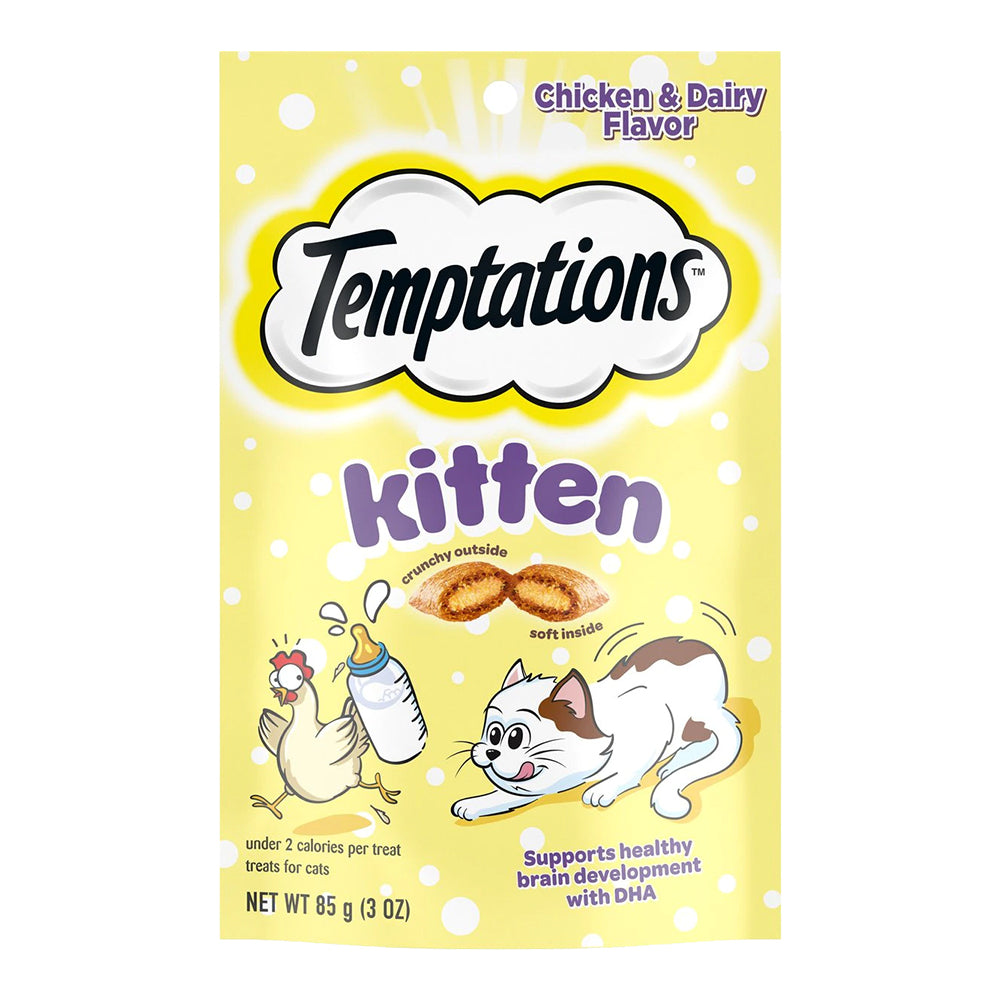
Temptations Kitten Cat Treat Chicken & Dairy 3-oz
Final Takeaway
Feeding your cat the proper food at the appropriate time is critical for their long-term health and well-being. So, how long should a cat eat kitten food? Well, most cats should eat kitten food until they are 12 months old. During their first year, this specific diet helps them grow quickly, meet their energy needs, and develop normally. Following that, a gradual transition to adult cat chow helps them continue to thrive without acquiring too much weight or missing out on age-appropriate nutrition. Always study your cat's behavior, consult your veterinarian when in doubt, and feed high-quality food at each stage of life. You'll be helping your feline friend develop into a strong, happy, and healthy adult.
Read more: Cat Food Review 2025: Best Brands, Comparisons & Buyer’s Guide





